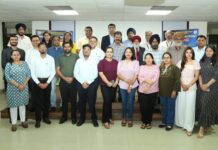Lovely Professional University’s Human Resource Development Center, in collaboration with the School of Liberal and Creative Arts (Social Sciences & Languages), successfully organized a six-day Short Term Course on Excavation, Cultural Heritage, and Digital Archaeology: A Journey through the Past from February 10 to 15, 2025. The program was attended by enthusiastic participants, including scholars, educators, and heritage enthusiasts from diverse academic backgrounds. The course aimed to deepen participants’ understanding of archaeological practices, heritage preservation, and the integration of digital tools in modern archaeology.
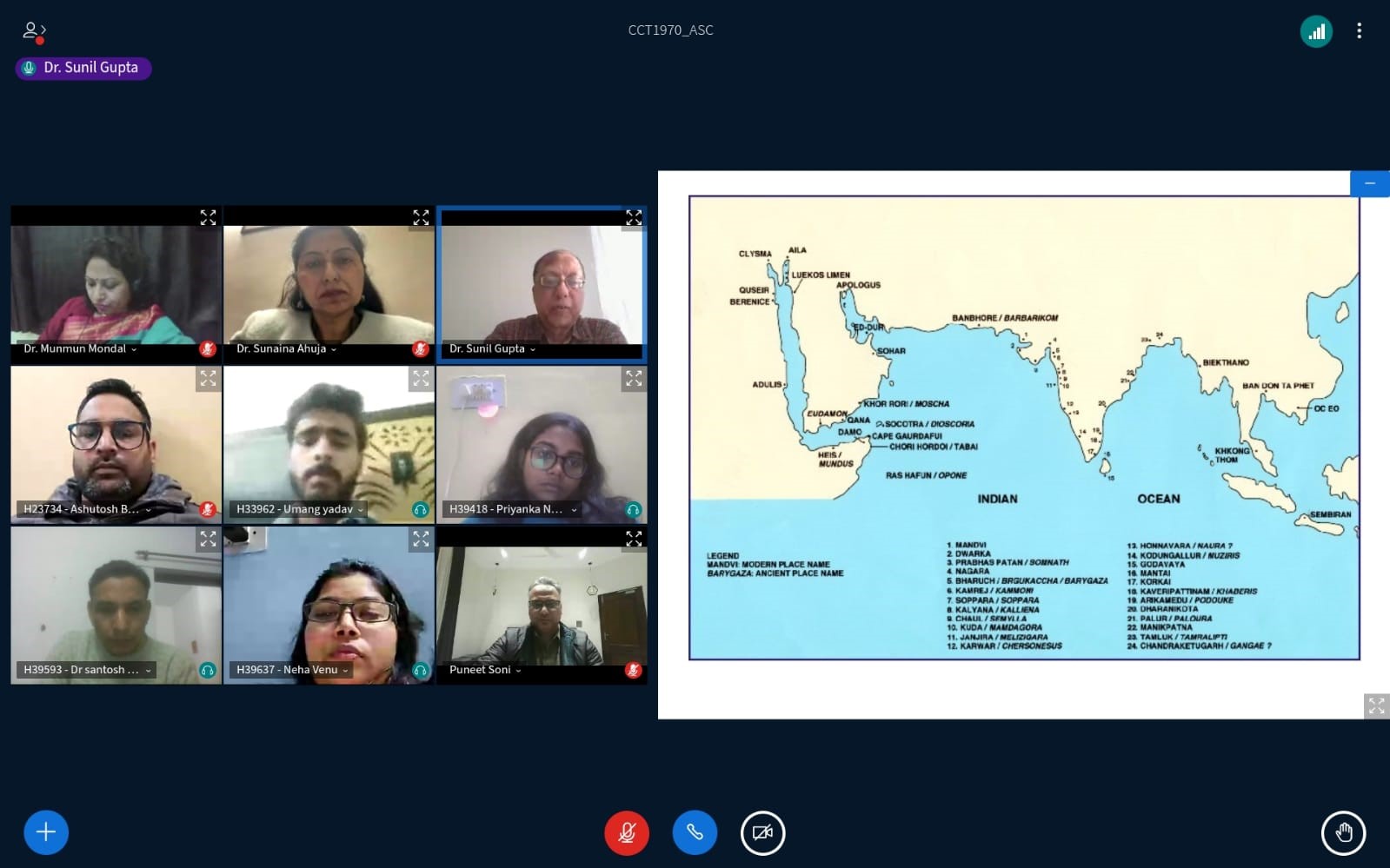
The inaugural session featured an e-lamp lighting ceremony followed by an address from Dr. Sunaina Ahuja, Professor and Dean, Head-HRDC, LPU who emphasized the relevance of learning from ancient civilizations to inform contemporary knowledge systems. Mr. Puneet Soni, Head of the Department of Administrative Staff Development HRDC, LPU introduced the resource panel and outlined the course structure.
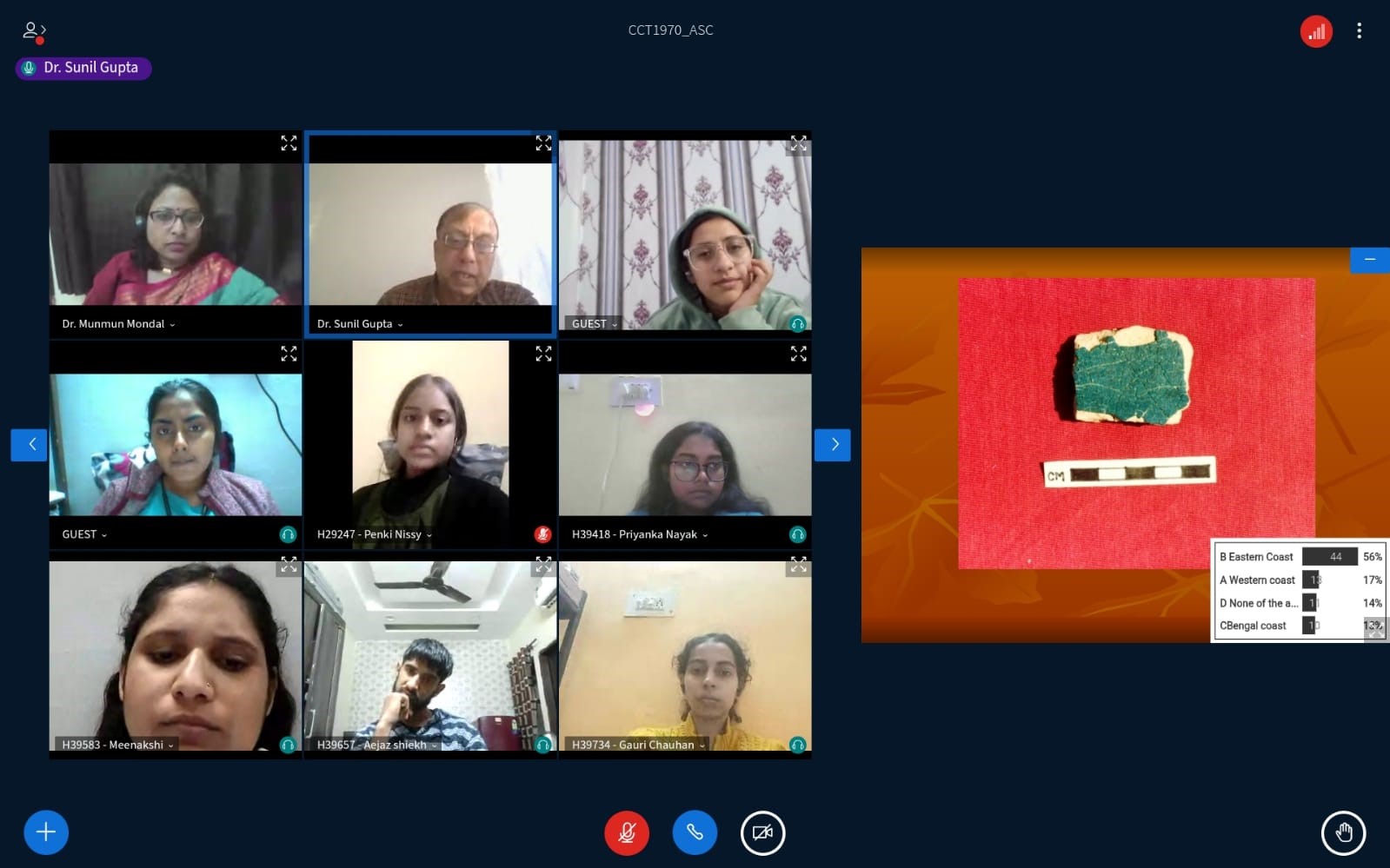
Dr. Sunil Gupta, Former Director of Allahabad Museum who delivered an insightful lecture on India and the Indian Ocean World (300 BCE to 300 CE), highlighting trade networks, cultural exchanges, and the significance of maritime archaeology.
Dr. Munmun Mondal, Assistant Professor, Department of History, LPU oriented the participants on the importance of preserving India’s intangible cultural heritage. She presented rich examples of oral traditions, rituals, performing arts, and craftsmanship, while also referencing UNESCO-recognized Indian heritage elements.
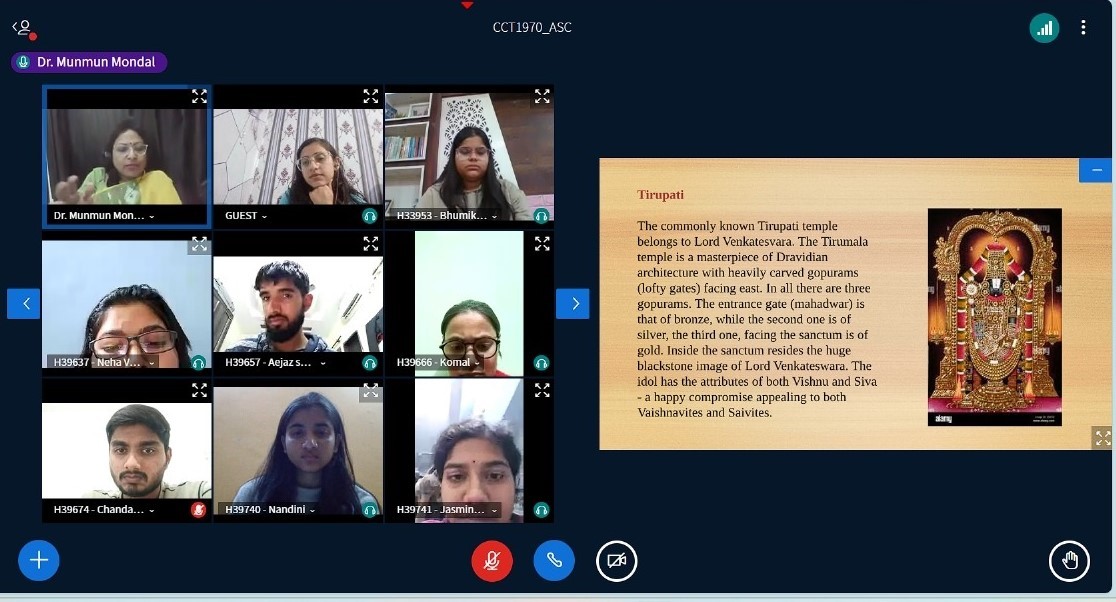
Dr. Anil Kumar, Professor, Head-Department of Ancient Indian History, Culture and Archaeology, Visva Bharati, Santiniketan brought forward compelling insights on the archaeological discovery of Srimaddharma Vihar. He explained excavation methodologies and how findings such as inscriptions and relics offer a deeper understanding of monastic life in ancient India.
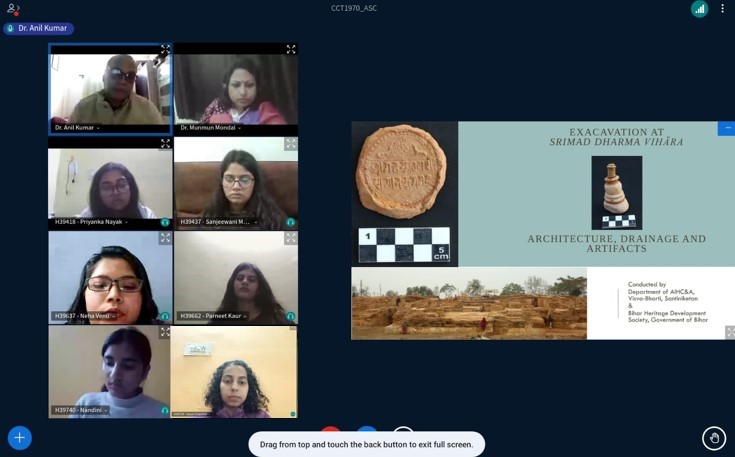
Dr. Munmun Mondal, Assistant Professor, Department of History, LPU explore Bengal’s folk painting traditions through the lens of the Victoria and Albert Museum’s collection. She shed light on the evolution and global representation of Kalighat and Patachitra styles and led discussions on the ethics of displaying cultural artifacts in international museums.
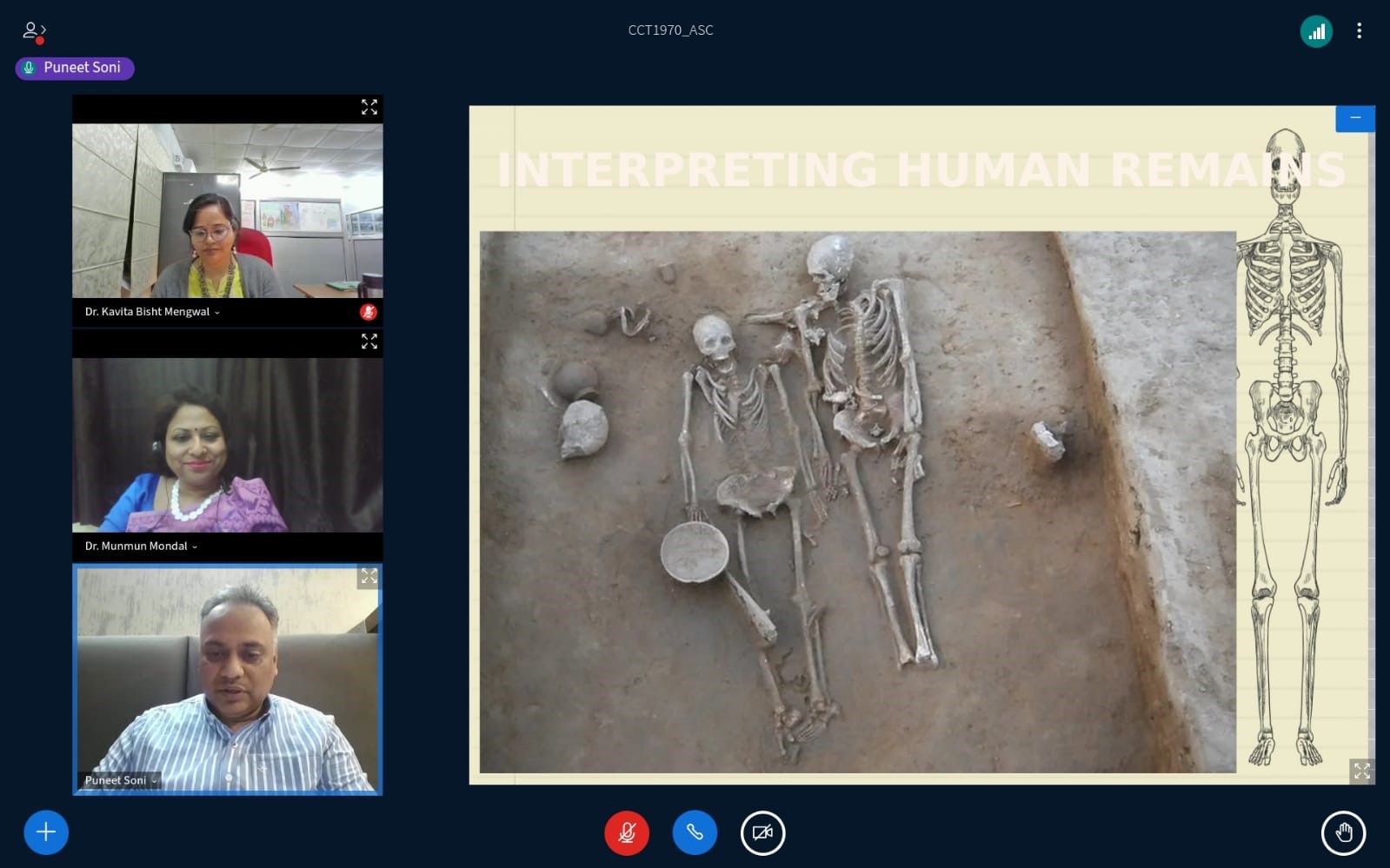
Dr. Kavita Bisht Mengwal, Assistant Archaeologist, Archaeological Survey of India, Dehradun Circle featured a thought-provoking session on the significance of human remains in archaeology. She covered bioarchaeological techniques, such as isotope analysis and forensic anthropology, and explored the ethical dilemmas involved in handling human skeletal remains.
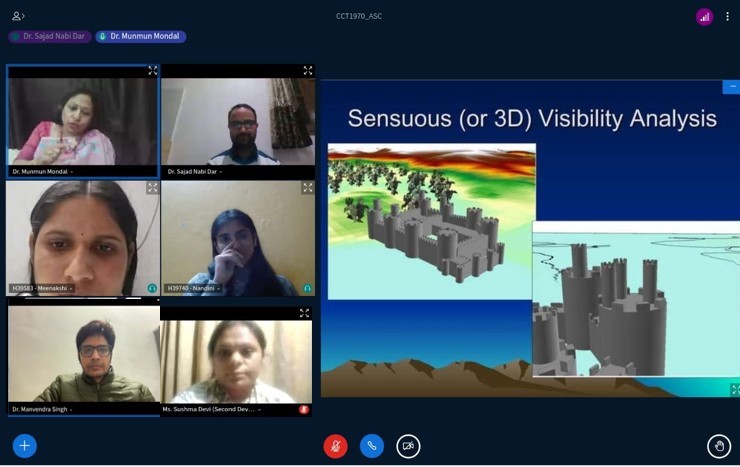
Dr. Sajad Nabi Dar, Assistant Professor, Department of Geography, LPU introduced the participants to the world of digital archaeology. He showcased how modern tools like LiDAR, GIS, and 3D modeling are revolutionizing archaeological research and heritage conservation, especially in climate-sensitive areas.
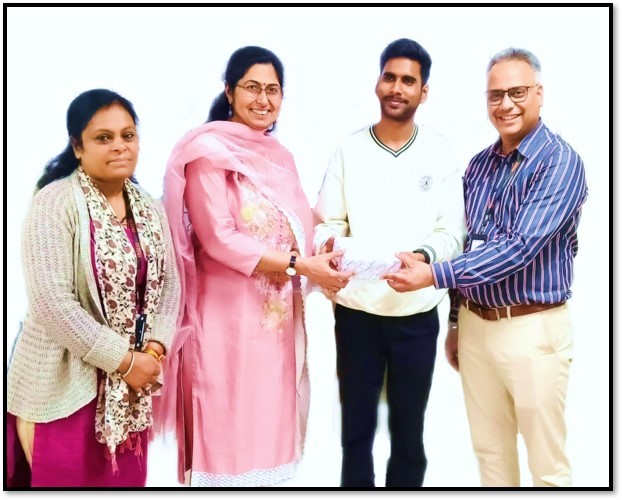
The course concluded with an engaging post-training evaluation, which included gamified quizzes and project-based tasks that encouraged creative application of the learned concepts. A valedictory session was conducted by Team HRDC to recognize the contributions and achievements of all participants. The program successfully fulfilled its goal of merging traditional archaeological insights with modern methodologies, fostering a deeper appreciation for India’s cultural legacy and the future of heritage research.




